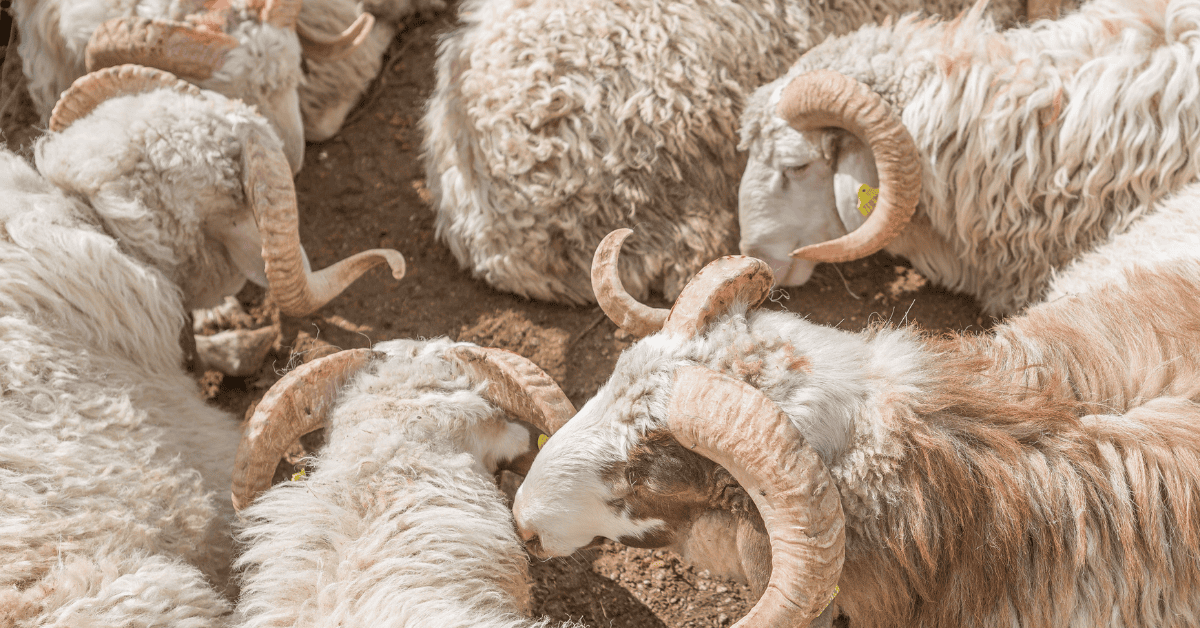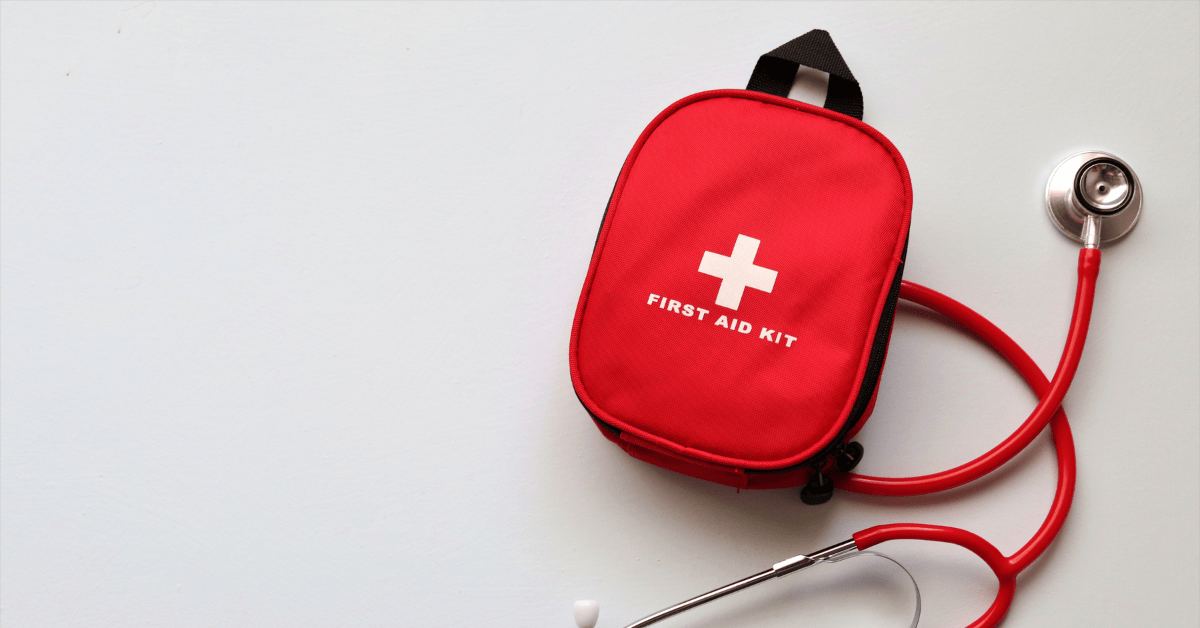Performing Umrah is a great honour and a sacred journey for every Muslim. However, during these acts of worship, certain mistakes can occur that require expiation (Fidyah) in the form of a penalty. Understanding these penalties ensures that pilgrims complete their obligations correctly and with full sincerity.
What is Ihram?
Ihram is a sacred state a person enters when performing Hajj or Umrah through intention (niyyah) and the proclamation of Talbiyah. While in this state, men wear two unstitched white sheets, and women wear regular modest clothing. Ihram is not merely the two white sheets worn by men but a state that requires adherence to certain prohibitions and etiquettes.
Types of Violations and Their Penalties
Islamic teachings categorise mistakes in Ihram/Umrah, into different types based on their severity. The penalties vary accordingly and can include sacrificing an animal (Dam) or giving charity (Sadaqah).
1. Minor Violations (Sadaqah Required)
These are small mistakes that require expiation through giving Sadaqah (charity), usually equivalent to feeding a poor person.
- Wearing stitched clothing for a short period (less than 12 hours) while in the state of Ihram will necessitate Sadaqah.
- Covering the head (for men) or the face (for women) for a short period (less than 12 hours) while in the state of Ihram will necessitate Sadaqah.
- Applying perfume or scented products on less than an entire limb (I.e. hand, arm etc) will necessitate Sadaqah.
- Clipping nails of less than an entire hand (fewer than four nails) will necessitate a Sadaqah per nail.
2. Major Violations (Dam Required)
These are more serious mistakes that require a penalty of sacrificing a small animal such as a sheep or goat (Dam).
- Wearing stitched clothes for more than 12 hours, covering the head (for men) or face (for women) for more than 12 hours, applying perfume or scented products on an entire limb, clipping nails of an entire hand or foot, will necessitate a Dam.
- Shaving a 1/4 or more of the head or removing hair from those places where hair is removed before completing the rituals of Umrah will necessitate a Dam.
- Engaging in marital relations before completing the rituals of Umrah will necessitate a Dam.
- Omitting a Wajib act (such as passing the Miqaat without Ihram will necessitate a Dam).
- Hunting an animal while in the state of Ihram will necessitate a Dam.
If a Dam penalty becomes obligatory, it must be carried out within the sacred boundaries of the Haram and should ideally be fulfilled as soon as it is due. It cannot be substituted by a donation to a local charity. If a person has already left the sacred lands and is unable to perform the sacrifice in the Haram, they must appoint someone in Makkah to carry it out on their behalf. The Dam should be completed without delay.
3. Grave Violations (Multiple Penalties Apply)
In the state of Ihram during Umrah, certain actions invalidate the pilgrimage entirely, requiring a repeat of the pilgrimage along with an expiation. This expiation is in the form of a large animal (Badanah)—typically a camel or a cow. The requirement of a Badanah is reserved for the gravest offences, particularly those that disrupt the fundamental sanctity of the pilgrimage.
Hunting a Large Game Animal
If a pilgrim hunts a large wild animal while in Ihram, they must sacrifice a camel or cow in expiation.
How to Fulfil Your Penalty (Fidyah)
Fulfilling the penalty correctly is essential to ensuring that your Umrah remains valid. If you have made a mistake that requires Fidyah, you must pay your penalty according to the violation.
- Dam (Sacrificial Animal) – A sheep, goat, or equivalent sacrifice made in Makkah. This is for major violations.
- Sadaqah (Charity) – Feeding the poor or donating to a charitable cause. This is for minor violations.
Note: We advise consulting a scholar regarding your specific violation.
May Allah accept your Umrah and bless your efforts with barakah and forgiveness.



